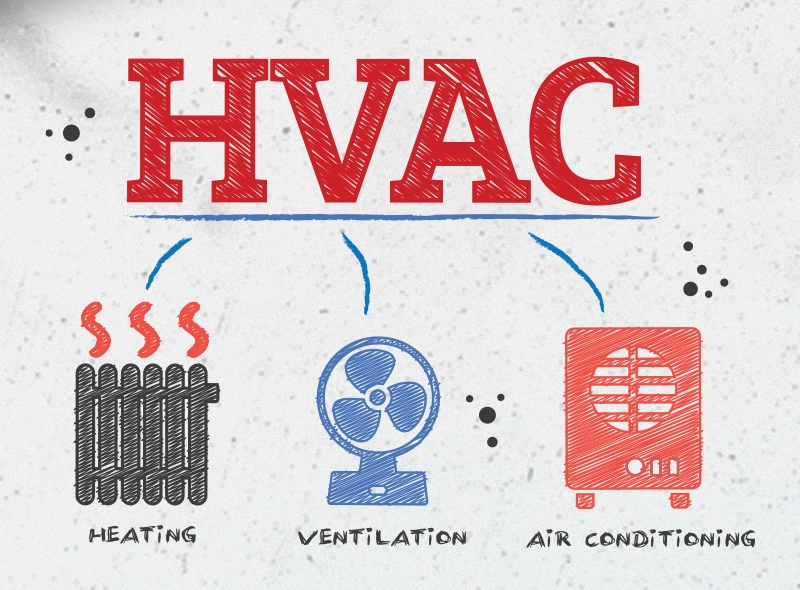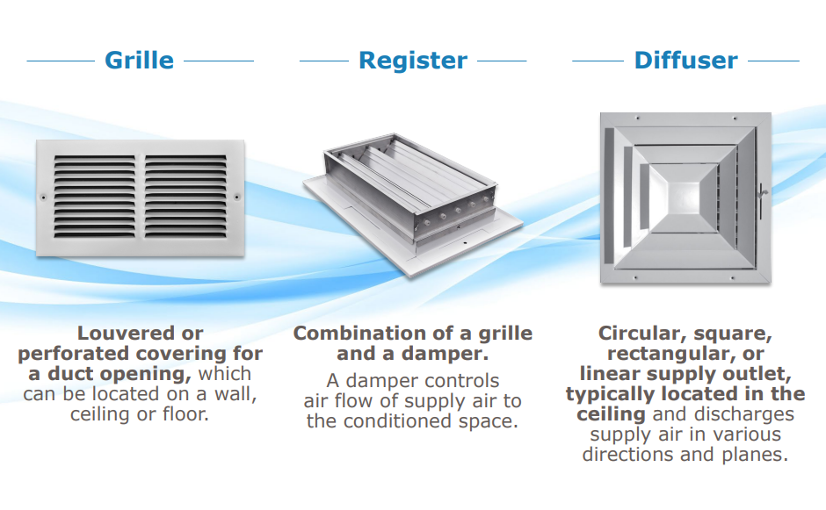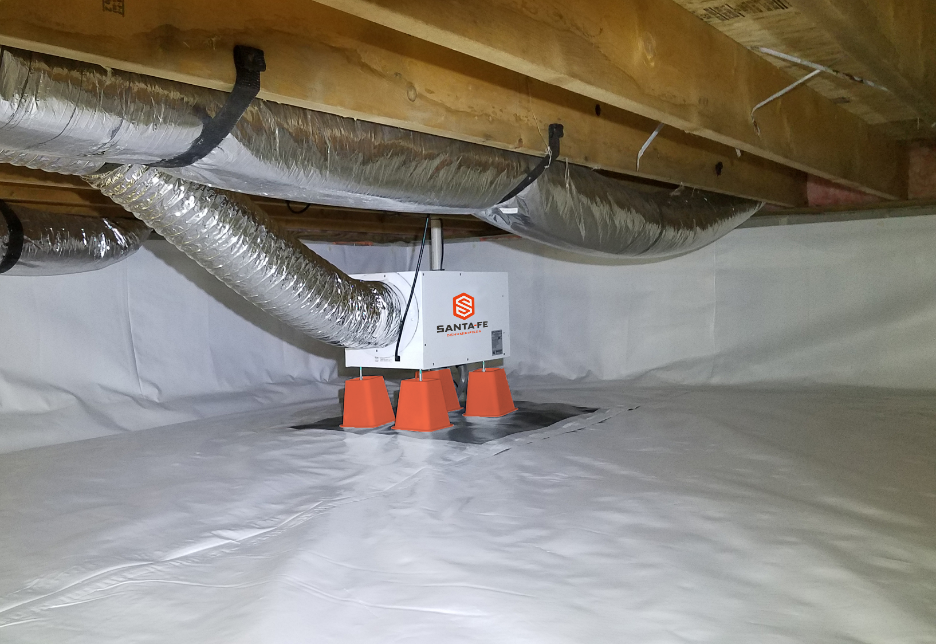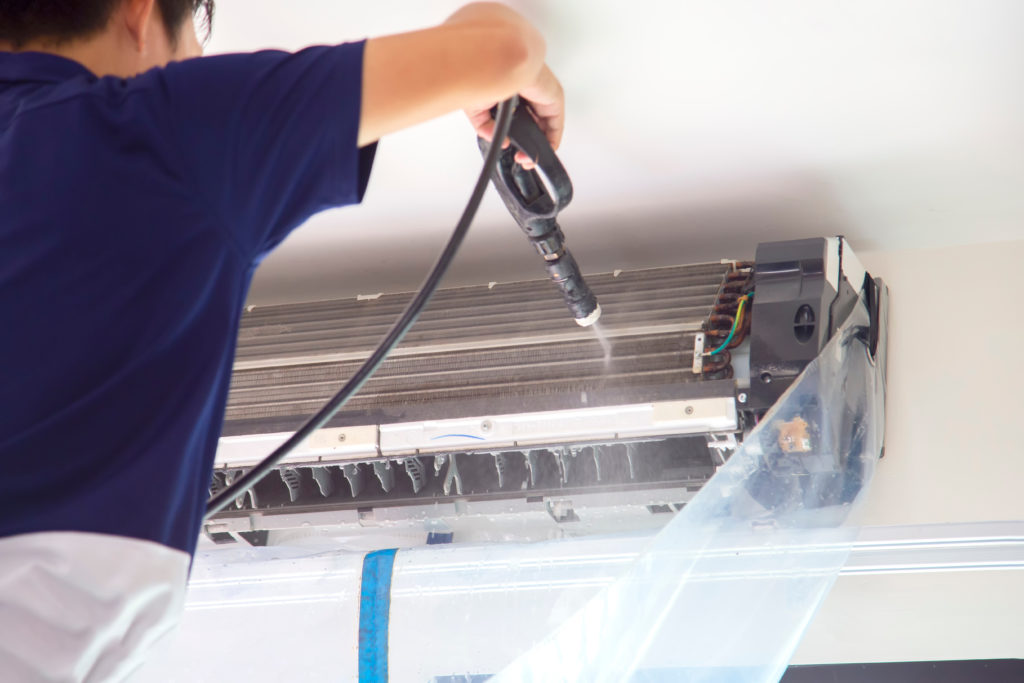Filter ratings assess the efficacy and efficiency of air filters with regard to their ability to remove microparticles and macroparticles from indoor air, thus improving air quality. In other words, some air filters are more powerful than others and may better serve residences depending upon specific conditions (e.g., pets, allergies, occupants, maintenance).

MERV
While there are various rating systems, the American Society of Heating, Refrigerating and Air Conditioning Engineers (ASHRAE) developed the minimum efficiency reporting value, or MERV, rating system. MERV makes it easy to compare air filter brands or weigh available filtration options.
What the Ratings Mean
MERV measures an air filter’s ability to capture particles between 0.3 and 10 micrometers in size. The scale rates filters on a scale from 1 to 20 and is based on the micron size of particles a filter removes, and the efficiency with which it captures contaminants passing through an HVAC system.
Lower MERV ratings mean the filter traps fewer particles … thus more particles are recirculated in the air. Filters with a higher MERV rating can capture and filter smaller particles and more effectively capture larger particles, thus fewer pollutants circulating indoors
-
- MERV 11: Captures pollen, dust mites, textile fibers, mold spores, hair spray and dust from cement in addition to exhaust fumes, milled flour and dust from lead, and common pollutants. These filters capture particles as small as 1.0-3.0 microns in addition to large-sized particles. Superior residential air conditioners require filters within this range.
- MERV 13: Powerful enough to capture bacteria, tobacco smoke and sneeze droplets. These filters capture particles as small as 0.3 microns, which is considered high-efficiency air filtration.
For asthma and allergy sufferers, MERV filters between 11-13 are normally recommended. They provide the best air purification to help ease symptoms of lung conditions or allergy flare-ups.
To ensure a healthier home, use MERV 11 or higher filters. However, MERV 13 filters are considered best for residential use because they can trap and filter out airborne viruses and bacteria, which is currently a high priority. Filters with a rating higher than 16 are unnecessary for residential homes.
